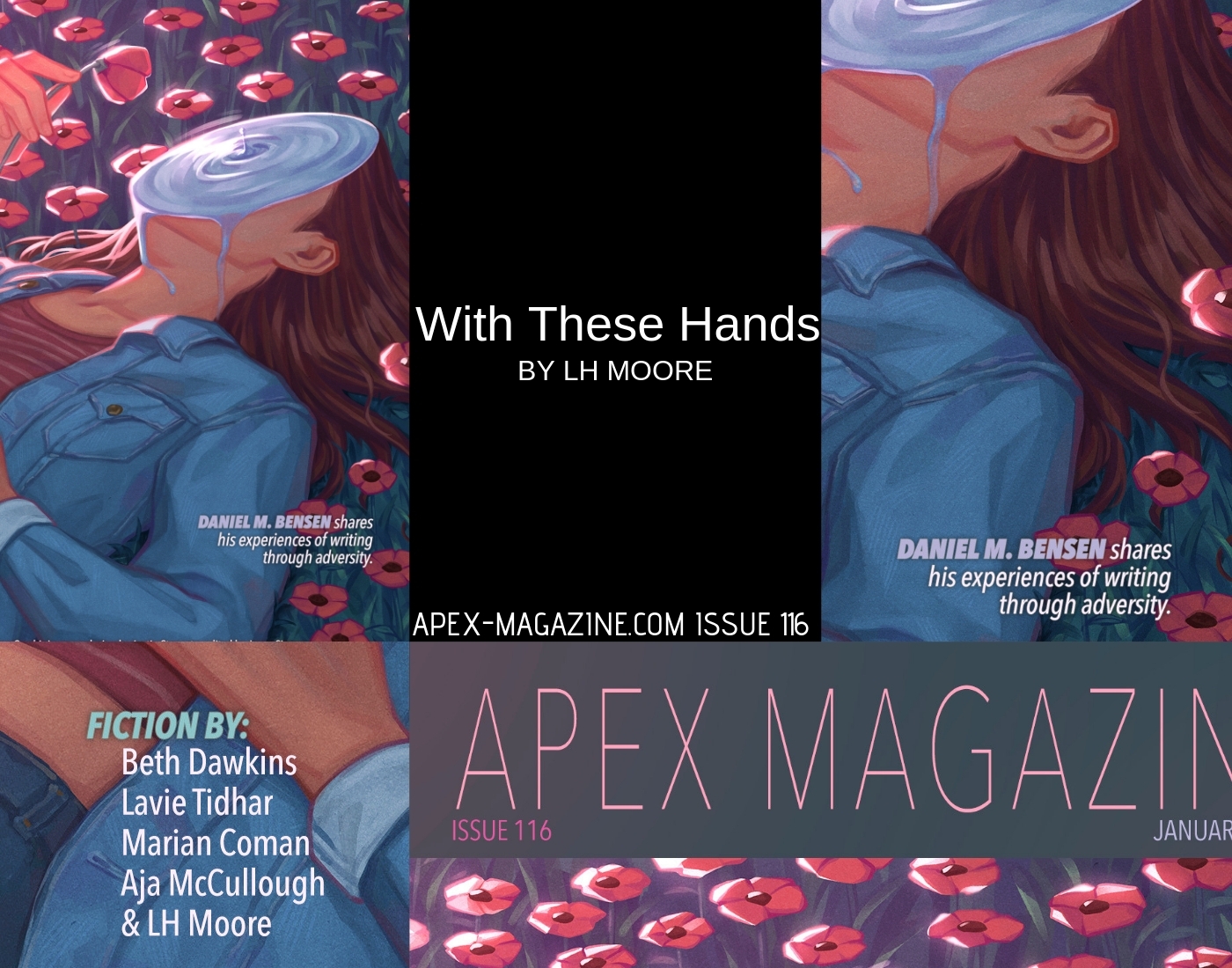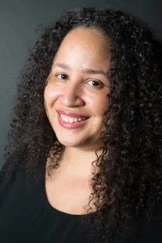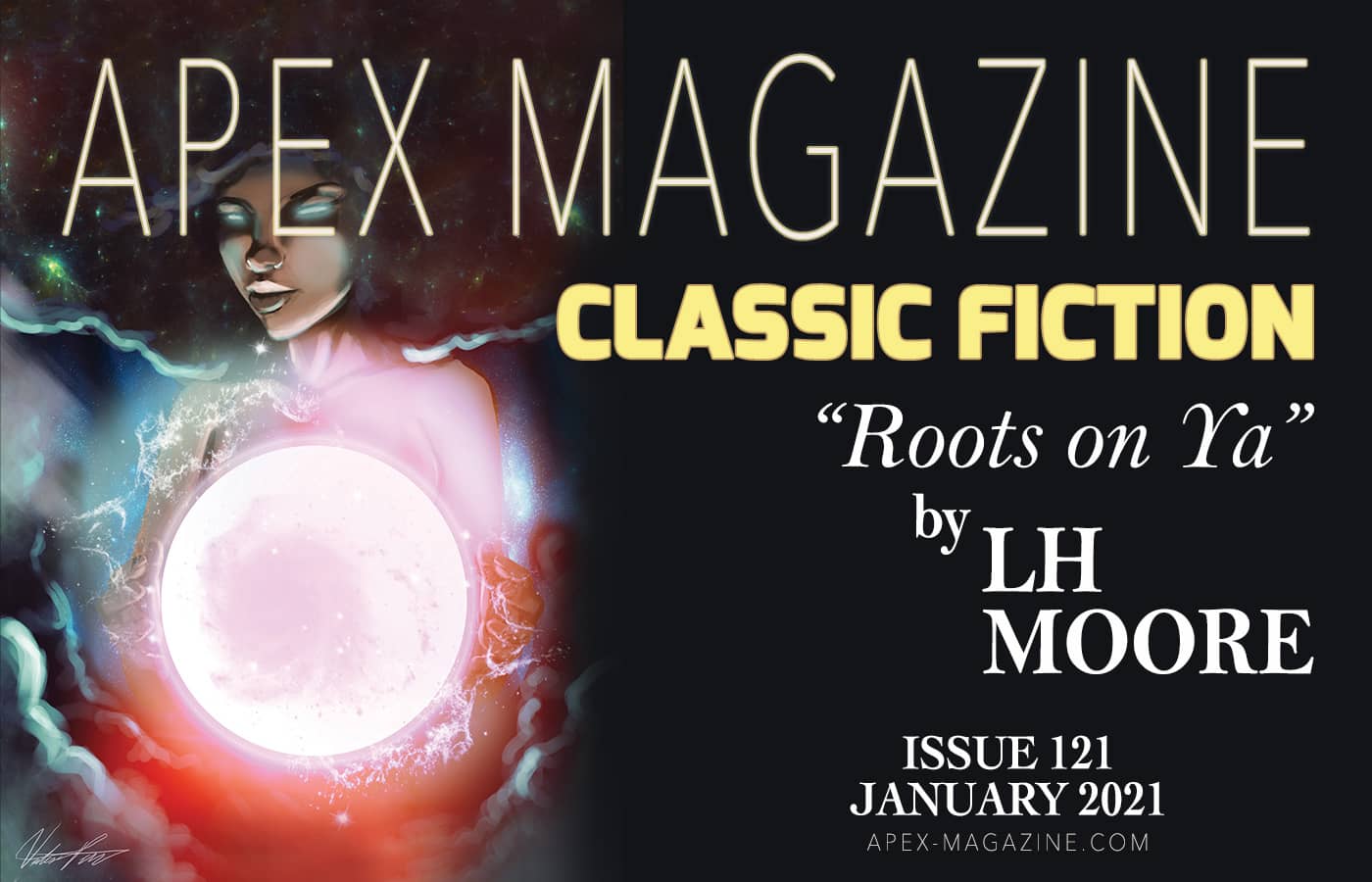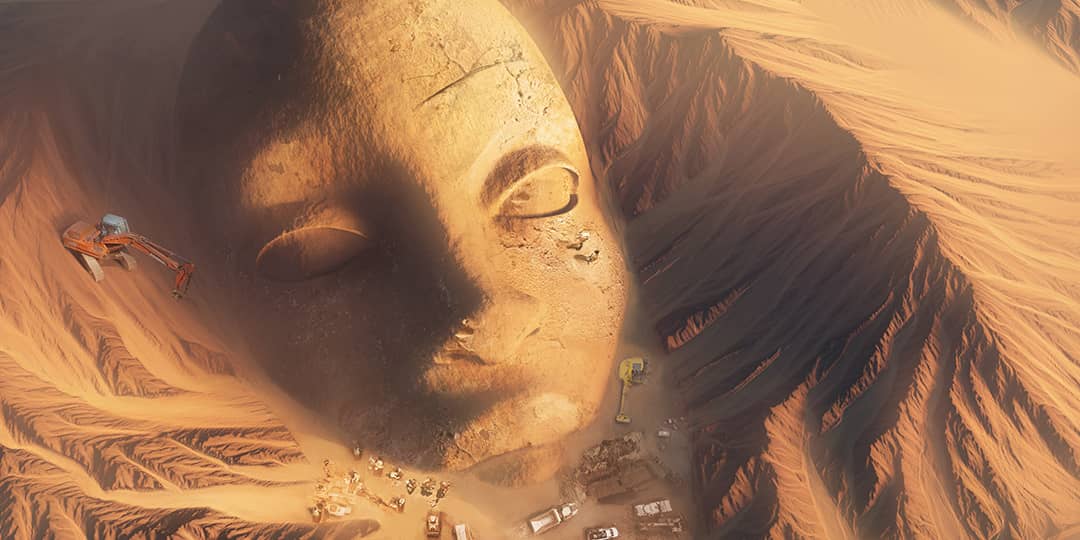
George Town, 1800
It is with a trembling hand that I write this. Given the color of my skin and the simple life that I have led and tried to create for myself so far, many would be surprised that I could write this at all. A breeze from the open window overlooking the river port makes me pull my woolen blanket closer about me. It is usually more normal than not for this swamp of a place to be humid during this time of year. I am relieved to have an unusually crisp early autumn night, but the chill I feel comes from another source.
The light of my candle is dimming, the tallow becoming low, but this must be recorded. There is an ivory trinket sitting here before me on the windowsill. It is precious to me. How it made its way to me is of no import, but the fact that it did at all is what drove me to tell this tale. I once bore arms in our war of independence and faced redcoats and fear itself, but this?
This is something else.
§
It was the year 1796. I heard someone singing in Gaelic in the distance, their notes strong and clear and filled with longing. So many of those working here were from elsewhere, with homelands and families and loves either left behind or the reason behind such toil that they endured. So many sounds in the night. So many sounds in that place we were creating. European and Black craftsmen, artisans, and labourers,̱ both free and bound, all had been working for years on a symbol of a new country—our country.
We still had much to do as we worked to build the president’s mansion, or “palace,” as some had taken to calling it. There were no buildings as tall around these parts, so the project loomed over us all, though we had not completed its construction. General Washington himself chose the site and even drove in the stakes with the Irish architect Hoban at his side. All around us, this new federal city was a collection of farms and rolling fields and still more infested marsh than town. When I would get the chance, I would take a moment from my bricklaying to sit up high on the unfinished second floor to enjoy the view of the Patowmack River as the sun began to set. The noise of the other workers—their shouts, exertions, and work-songs—ceased as I watched the colors settle on the shimmering water. Despite all the din around me, for a moment and only a moment—even if only in my mind—I was surrounded by quiet.
§
“Simeon, come, you must join us,” Eugene Hope said, waving me over. His brother, Clifford, stood next to him and looked at me with a huge smile. Both were tall, their skin flushed deep golden-brown from working in the hot summer sun. Where Eugene was dark-haired and dark-eyed, Clifford was fair—his eyes gray and hair light. Both had easy laughs and I had worked with them almost since the cornerstone was laid in 1792. They had come with Williamson, the master stonemason who trained them as stonecutters. They had also worked at the quarry in Aquia, learning how to manipulate the sandstone blocks that would cover the bricks I was laying. Unlike I who chose this work, the brothers were on hire from their owner, a wealthy planter from across the river in Virginia, near the quarry. Some, the brothers included, said that this planter was also their father.
“When I am finally like Free Simeon here, I am travelling the world! I am going to hop on one of those ships like we see on that river over there and sail to places no one would even think are real,” Clifford said, holding out an ale-filled tankard.
“We are going where there are beautiful ladies with silks and rubies,” Eugene said with a grin, taking the tankard from his brother. “Hell, we can be covered with silks and rubies ourselves!”
“I have heard there are buildings, even larger than this palace we are building, that are encrusted with jewels and gold. I am going with my chisel and mallet ready!” Clifford said, passing the tankard to me. “What is next for you, Free Simeon?”
I thought for a moment as I took my sip. “Maybe I will meet a nice, good woman and settle down. Be happy with her. Have children. Live a decent life.”
“Here we are talking about silks and exotic lands, and this man is talking about babies!” The brothers started laughing, but Clifford’s face then became serious as he looked me square in the eyes.
“We cannot go on like this, Simmie. This building here means freedom, but I am not free. Neither is my brother. There must be a way to not be bound any longer. It is easy to think of children when you do not have to worry about them being enslaved,” he said.
“Why you chose to come down here from Boston and Philadelphia, I do not know. Why bring yourself closer to all of this?” Eugene said with a wave of his hand. “At least away from here we could be our own persons so that when we finally settle down, our children can be their own persons too.”
Two of the other labourers had been lingering nearby—a little too close, given the things Eugene and Clifford were saying. One spoke up and came over.
“You wish to be your own person? That can be arranged, my friend,” he said, clapping his hand on Eugene’s forearm congenially. The moment his hand touched Eugene’s skin, the man’s hazel eyes turned black. It was fleeting, but I am certain I saw it. How did no one else?
“Just talk, that is all. Only talk.” Clifford said to them, understandably nervous. I realized that the second man looked exactly as the first—twins. Of a similar height, with those hazel eyes and dark, wavy hair. One nodded to the other and spoke to him, the language one I did not recognize.
“If you do change your minds, we will be at the small grog shop nearby,” he said as they walked away. He clapped his hand on Clifford, who flinched slightly. I could not believe what I was seeing. It happened again. A touch and blackened eyes. How were the Hope brothers not seeing this too?
As we watched them leave, we all seemed a bit shaken. “That was rather odd, no? Where did they even come from?” Clifford said. “You do not think that they will say anything do you?”
“I somehow get the feeling that they will not,” Eugene said, still watching them as they walked off to the opposite side of the work site. He groaned slightly, touching his hand to his head. “Does anyone else feel a little unbalanced? Perhaps it is the ale gone to my head.”
“I feel a little off, too, brother,” Clifford said. “This place and its heat!”
“Are you going to go and talk to them?” I asked.
They looked at one another, and then at me. “Of course! These liquor rations we get just will not do. We are only going to the tavern to refill our tankard. That is all.” We all started laughing, but inside, I found no humor. Not due to what I heard, but what I saw, and what I saw? That, I could not explain.
§
The grog shop was a plain wooden building with one room furnished with rough wooden chairs and tables. Eugene called out to a barmaid rushing by with mugs in her hands. The curls of her strawberry-blonde hair were barely contained under her cap. She stopped to look at him and rolled her eyes.
“The Hope Brothers. What are you two doing in here?” she said, handing her customers their drinks before coming back over to us.
“How’s business, Mary?” Eugene said as she looked him up and down.
“As good as it will be,” she huffed, pushing a stray curl back into her cap. “Now, Clifford, you can visit anytime. This brother of yours, though, well …” Mary raised an eyebrow and pointed at Eugene with a smile before turning towards me. “And you.”
Mary looked at me, her slate-blue eyes crinkling with laughter as I put my hands up in protest. “I do not know how these two have wronged you, but do not look at me! I am just here for the ale.”
“Only teasing. As for that swill? You are more than welcome to it. Nothing personal, love,” she said with a wink at the barkeep, her husband Sean. A burly man with a long scar on one cheek, he just laughed at her joke and shook his balding head.
The brothers looked around and saw the two men sitting in the rear of the tavern.
“Simmie,” Eugene said. “We will be right back. We would just like to speak to them. Hear what they heard and what they are talking about.”
Mary brought me my own mug and I stood, sipping, as I watched the conversation from afar. Once again, the men clapped the brothers on the forearm where their sleeves were not covering their skin. From where I was, I could not see if their eyes had that same strange effect. I continued to drink, still watching them, and soon, all four got up and walked towards me. I started to go towards them as well, having already paid, but Eugene put his hand up and looked at me with a smile. Clifford was smiling at me too. “Take care. Watch yourself,” he said, nodding towards me. I assumed he meant my ale and the speed with which I was consuming it.
“I have drink,” I said. “I am fine!”
One of the men looked at me and asked “Friend, are you sure?” I raised an eyebrow, held up my mug, and waved them off, watching them walk out of the door.
§
The following morning, I awoke with a start, surprised to have slept in a bit longer. Normally, the brothers awoke earlier than everyone else and enjoyed forcing me to be awake with them. I got myself together and walked over to the small wooden building the brothers shared with some of the other workers. “Good morning! This toil is not going to do itself!” I said, using their customary wake-up greeting. Clifford came out first, after shaking his brother. They looked at me blankly for a moment, and then laughed.
“We must have had too much yesterday!” Eugene said as Clifford nodded.
“Too much? Is there such a thing?” Clifford said, laughing.
We walked away from the rough shelters toward our work areas. My day would be a hot one, spent at the brick kilns, and the brothers would be needed to help cut stone for the Scottish stonemasons and their apprentices. As they parted from me, I overheard one of them say to the other, “So much stone to cut. And Fitzgerald is worse than Imhotep himself. Do you remember when …” and then their conversation trailed off.
Im-ho-tep?
Away from the gregarious brothers, I had a moment to think about their question regarding my future. Being free, I had a small place where I had been living in George Town, but staying there would have made me expend quite a bit of time travelling to work in Washington City. It became more convenient to live close to the project with the other workers. My parents had seen to it that I had some measure of education and apprenticeship. I had been trained as a bricklayer and thought my skills would serve me well. But then the War happened, and I ended up living in Philadelphia. I had not given that much time to thinking about what was next for me.
Perhaps I should have.
§
The year was 1799. I was happy to be working on the second floor. So much progress had been made. It would not be much longer until the stonework laid over the brick was completed. They were already debating the lime whitewash to be put over that as well. Work had begun on the roof and the exterior would be finished. As I worked high on the second floor, I looked out over the work site area. In the north clearing before me I could see the brick houses Hoban had built for himself and his assistants and the simpler wooden ones for the rest of us. I smiled as I took pride in hoping that someday when I was long gone, this structure I helped erect would remain.
There were many other things that I could have been doing, but for that moment, watching the Patowmack sparkle behind me as I worked was enough.
I was broken from my thoughts by Jack Smith, one of our foremen, calling up to me. I had another task to do and another labourer took my place as I made my way to the scaffolding. As I did, he began to scold one of the sawyers—a German fellow—for a minor mishap. You could see on the man’s face how diminished he felt as the foreman’s voice became louder.
I saw Eugene nearby as he came close to Smith. He acted as if he was clumsy and stumbled against the man, grabbing hard onto his arm as he did so. He held Smith’s arm tightly there for a moment, and then righted himself. I could hear him apologizing profusely and I expected to hear the foreman scold him as well.
It never happened.
I saw Smith put a hand to his head and mumble, his words muddled and confused. He leaned against a stack of bricks for a moment before excusing himself and quickly walking away. I did not understand what I was seeing. The man below who was being scolded had been watching it all with a look of confusion as well. He looked up, saw me looking on, and hurriedly rushed away.
The next day, Smith did not show up to his post at work, having said that he was too ill to be productive. It was suggested that he have some rest, as he complained of feeling depleted and lacking entirely of vitality.
I did not mention what I saw.
§
Months later, the building was now a gleaming white. We had been celebrating the exterior’s completion with extra whiskey rations after a dinner of salt meat, bread, and tea from the camboose. I took a moment to sit by Eugene and finally got up the nerve to ask him what had happened. Especially given that he had taken quite a chance with what he had done. “I must ask you. The other month … with the foreman. What was that all about? That does not seem like you to interfere with someone else’s reprimand.”
I saw him shoot a look at Clifford before he answered and said, “This is not the first time. I have done it so many times, for so many others before.”
By night’s end, we had all consumed a lot, which made for loose tongues. So much so that even Eugene and Clifford’s Virginia accents seemed to slip a bit. We told one another raucous stories, each one more outrageous than the next. But that night, the brothers told fantastical stories of incredible columned temples and pyramids with steps, grand libraries, and other ancient places of wood, of stone, of earth. Of palaces and fortresses, humble huts and gleaming, gilded domes. Of master builders and masons and soaring cathedrals.
“Realities can be both destroyed and made. We build because we can, and because it is what we have always done,” Eugene said dramatically, holding his hands out with his palms up as we all cheered. “It is with these hands that we can create a new world such as this.”
I wanted to blame it on the drink. I wanted to take it as more of their imaginings. Their dreams of a future denied. They asked me more about myself and the family of which I was now the only member. The places I had seen in my own travels that had led me to this point. I could not remember ever having a conversation of such depth with them before. Clifford watched me intently. “Simeon, are you sure you do not wish to see more yourself? You must want to be more than this.”
“I am content with the life I have for myself right now, but only for right now. Perhaps I will return to Philadelphia,” I said to him. “Although there is work here, I constantly find myself increasingly unnerved by the state of my enslaved brethren.”
“As am I,” he said. There was none of the strong sentiment of previous conversations as he said this, but in its simplicity, I was reminded of my own fortune and status. He looked at me again. “There are many who would give anything—including themselves—for a chance to be free, Simmie.”
§
Our work on the exterior was done and much fuss was made when the Hope brothers disappeared. Their master would not be happy to have lost both the wages he made from them, as well as the skilled labour and training. There was much speculation as to how and when they slipped away, but I finally knew all was not as it seemed.
Just before they left, I received a package. Upon opening it, I found an exotic trinket that was surely from a land filled with rubies and silks: a small statuette of a seated four-armed elephant with one tusk and a large belly. I peered more closely at it and saw that its hands held different items: a bowl, a noose, an axe, and its own broken tusk. Upon the underside of its base the initials “E & C H” had been roughly carved.
It was then that I was certain.
I remember how the two men smiled as they saw me with it, my face dumbstruck as I turned the bauble over and over again in my hands, staring at the inscription. I still do not know how it made its way to me, but it did. My voice quavered a bit as I whispered to them “What…what are you?”
A question they would not answer, saying that they had no answer.
To this day, even as I sit writing this account, I shall never forget the simple statement I was told when I asked my other question: “Why?”
“For freedom, we took their place.”












